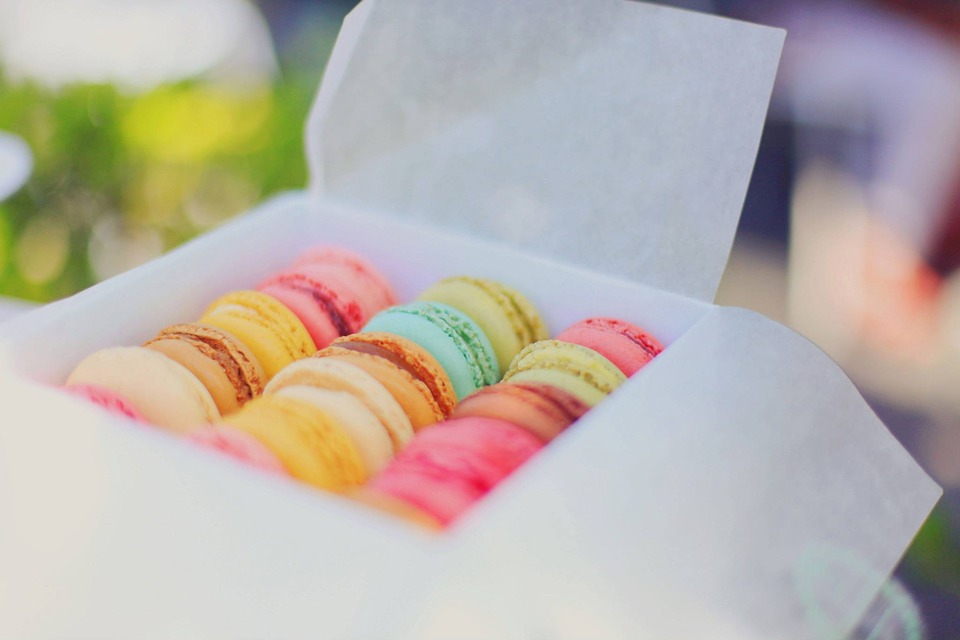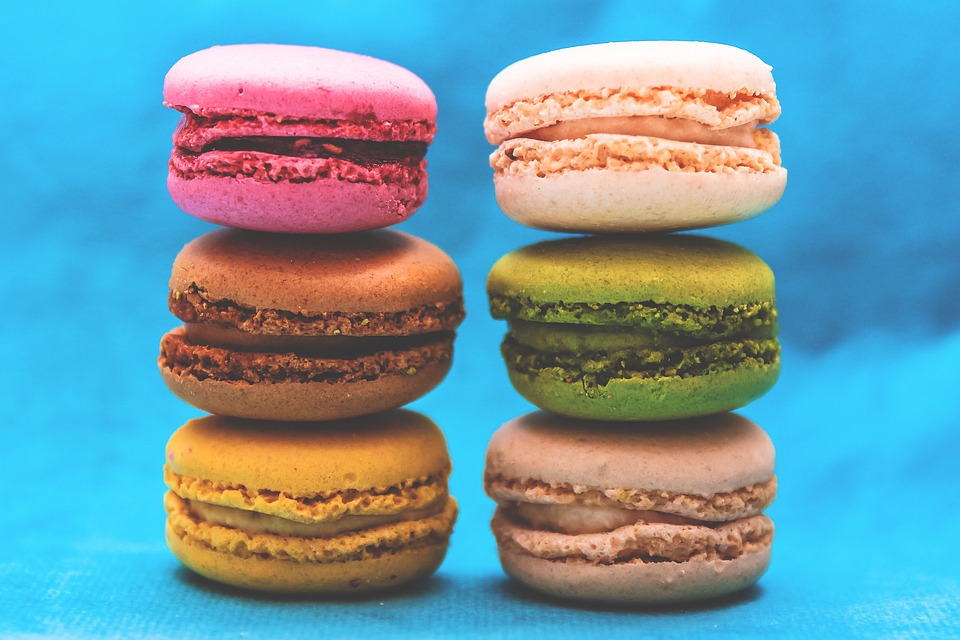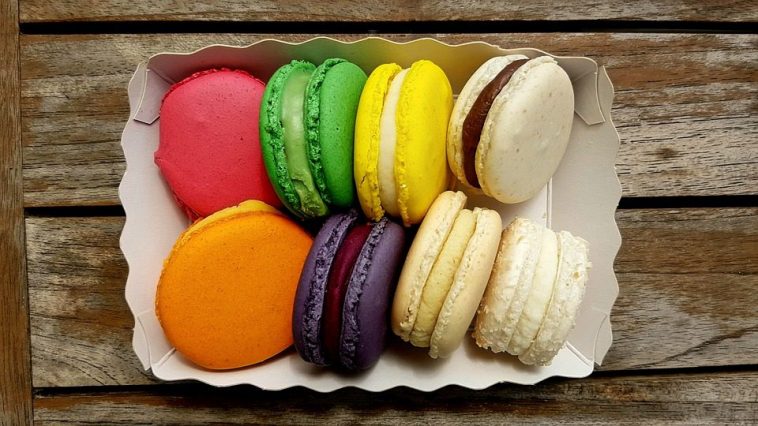Macarons are one of the most famous and treasured French desserts. Colourful, flowy, and delicately flavoured, these delicious treats are always Insta ready. But what’s even more exciting is the history behind macarons. Let’s see why it is unfair even to call them French original, and who made them so Haute.

Even though the French take credit for the macaron, Catherine de’ Medici brought the maccherone to France in the 16th century from Italy. Before, they were mentioned in Europe as far as the Middle Ages. The Italian version was no glamorous, while the first recipe was very complicated. Macarons also appear in other European countries, but the ones we know and love originated in Italy and became a hit after French interference.

The macarons as we know it today didn’t come about until the 1890s, at the Parisian confectioner La Maison Ladurée. To this day, La Maison Ladurée remains one of the most popular spots for macarons around the world. They weren’t always a symbol of luxury, far from it. Yet, they managed to stay relevant and have a special place in a world of pastry. Macarons are where fashion and sweets meet.

The typical macarons must be delicate and airy. These treats are light and crunchy on the outside and slightly chewy on the inside. The shell base is from almond, sugar and egg whites. Two shells are then sandwiched together with a jam or ganache buttercream. Today, they are as much as symbol of France as Chanel 2.55. National Macaron Day was founded in 2005, and since then every March 20, you can come to pastry shops all over the country, and in exchange for your donation that goes to a charity, you will get a macaron.
P.S. Never confuse macaron, with coconut-based macaroon!



Comments
0 comments